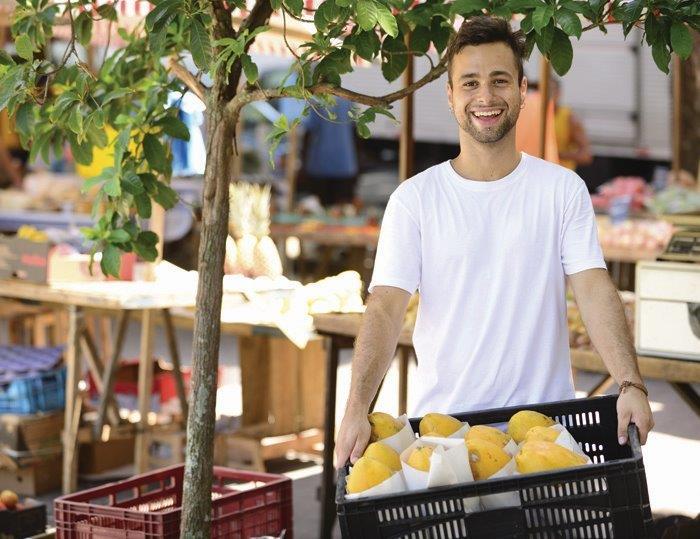In Australia’s cities, it’s so easy to spend days or weeks without really connecting with the natural environment. Not only that, but how many of us actually know how the ecosystem works, or where our place in it is? Even in rural areas, it could be said that we dominate the land without really living with it.
Over time we’ve lost a vital connection to the earth and the natural system with which we once lived. Rev Dr Geoff Lilburne has a passion for theology of the land and has published works in the areas of contextual and eco theology. Geoff said that while we place a lot of importance on our history – or timelines – we also should be thinking about the space that we exist in.
“In our western tradition we have tended to think time and history are important, but we haven’t tended to think of ‘space’ or ‘place’ as important,” he said.
He continued, saying that it is important for churches to develop a sense of place by living locally and taking care of the spaces that we inhabit.
Part of thinking about this local space means looking into how we consume our food. While the food we eat is possibly one of the most direct ways we interact with our natural environment, many of us have no real sense of where it has come from and the work and resources that have gone into producing it. We may rationally know that our beef is dead cow or that our apple has grown on a tree, but for most of us, our minds simply don’t comprehend what that actually means for the producers, the economy and the planet.
